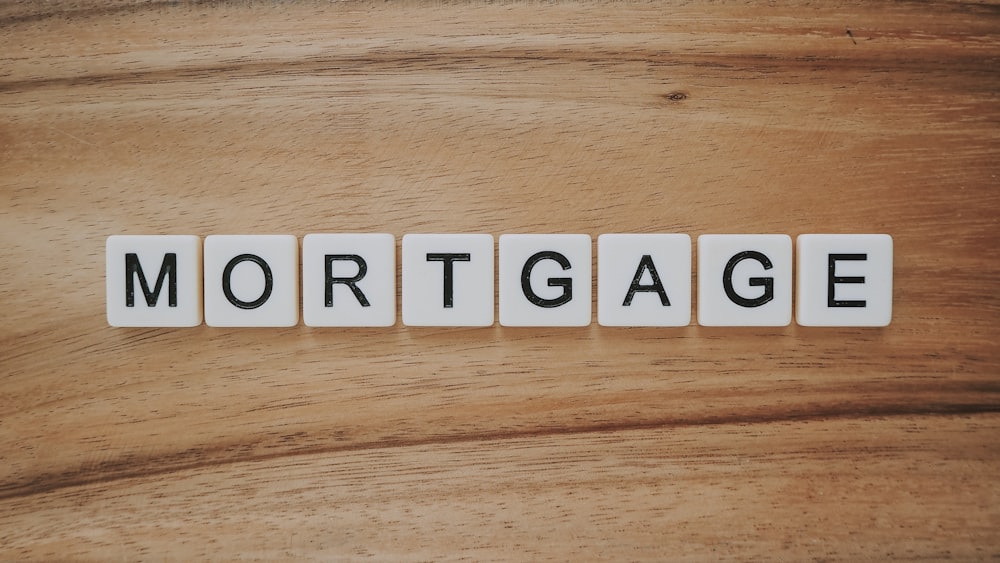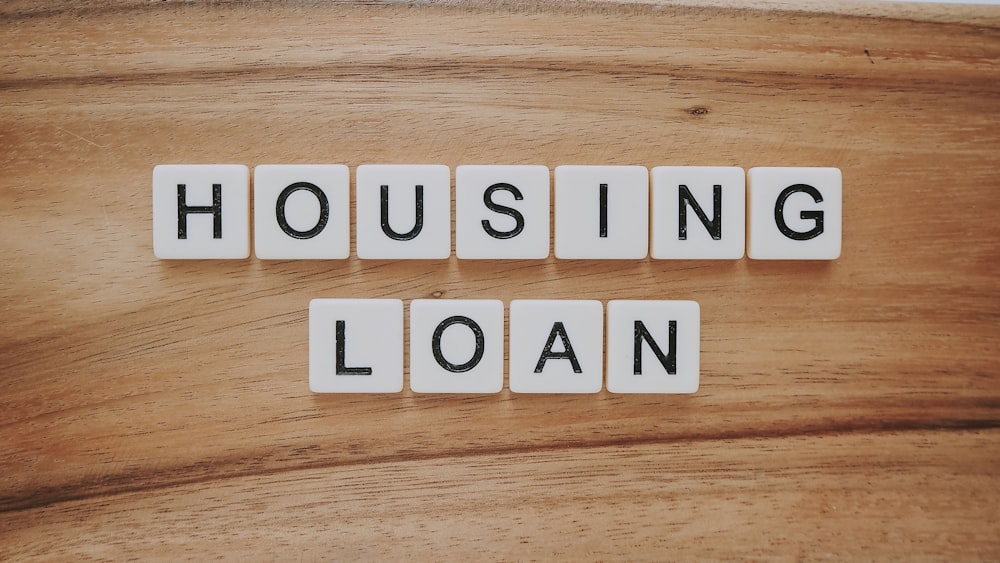These are scary times, and if you have lost your job, taken a pay cut, or have been placed on even a temporary furlough, making your monthly mortgage payment can be tough. Any financial advisor will tell you that even one 30-day late mortgage payment will destroy your credit score and seriously hinder your chances of buying a property in the future. Luckily, the recently passed CARES Act offers at least temporary relief under certain circumstances.
Federally Backed Loans
Many mortgage loans are backed, securitized and/or purchased by one of the following federal agencies:
- Fannie Mae
- Freddie Mac
- Federal Housing Administration (FHA)
- U.S. Department of Veterans Affairs (VA)
- U.S. Department of Agriculture (USDA)
If your home loan fits into one of the above categories, you’re eligible for forbearance. Our friends at Nolo tell us:
“Under forbearance, your loan payments are postponed or reduced, but interest continues to accrue during the period of forbearance.”
The CARES Act allows you to request mortgage forbearance for up to 180 days and this request, according to the law, shall be granted. You can then ask for an additional 180 days if you make the request before the end of the first forbearance period. At the end of the forbearance period—whether it is 90 days or 360—you have choices. Rocket Mortgage, for example, explains what they offer after forbearance has ended:
- With a repayment plan, we’ll add part of your past-due amount to your regular mortgage payment each month.
- With a deferral or partial claim, we’ll set all or part of your past-due amount aside to be paid later. It will be due when you pay off your mortgage, sell your home or refinance. You won’t be charged any interest on the deferred balance.
- With a loan modification, we’ll modify the terms of your existing loan to include your past-due payments.
As you can see, if you can’t make your monthly mortgage payment, the CARES Act does give you some great options.
No Negative Credit Reporting
Federal student loans come with built-in forbearance opportunities. While the rules have changed in recent years, forbearance is usually granted upon request and there are no negative credit report or credit score issues.
A homeowner could always request forbearance from a lender because of financial hardship, and lenders were picky about granting relief. Furthermore, before COVID-19, any granted mortgage forbearance would be negatively reported to credit bureaus and credit scores would take a serious hit.
In these COVID-19 times, this is no longer the case, as the CARES act specifically prohibits any lender from negatively reporting a COVID-19 related forbearance.
Why Not Ask for Forbearance?
The HUD factsheet entitled CARES Act Forbearance Fact Sheet for Borrowers with FHA, VA, or USDA Loans, explicitly states that:
“For loans insured or guaranteed by the Federal Housing Administration (FHA), the Department of Veterans Affairs (VA), or the Rural Housing Service (RHS), The CARES Act provides a mortgage payment forbearance option for all borrowers who, either directly or indirectly, suffer a financial hardship due to the novel coronavirus (COVID-19)national emergency. No documentation is required to prove your hardship beyond your assertion that you are suffering from such a hardship. However, if you can still make your mortgage payments, you should continue to do so.”
And even if your loan is not included in the categories previously listed, many lenders will still work with you to grant some type of payment relief. With no hit to your credit score and little required financial hardship documentation, why just use the forbearance option and quit making mortgage payments for a year?
Interest Accrues and Payments are Still Owed
One issue with forbearance is that mortgage interest still accrues. So, if you have a new $300,000 mortgage at 4.5 percent, over $1000 of your monthly payment during your first year will be credited toward interest. If you don’t make those payments that interest still accrues. And at that end of your forbearance, you also owe every payment amount you have missed.
If you have a big mortgage and a big house, your principal and interest might be $4000 per month. If you are allowed to miss 12 payments, you will have increased your balance due by close to $50,000 when the forbearance ends.
If you have lost your job because of COVID-19 and you can’t make your mortgage payments, CARES Act forbearance can be a great help as you restructure your financial life. If you have just taken a small hit due to the coronavirus and you are able to make your payments, think twice about the effects a forbearance might have on your current mortgage.
While it might be great to be mortgage payment free for 12 months, realizing that you have just added over $50,000 to your loan amount may not be as comforting.




